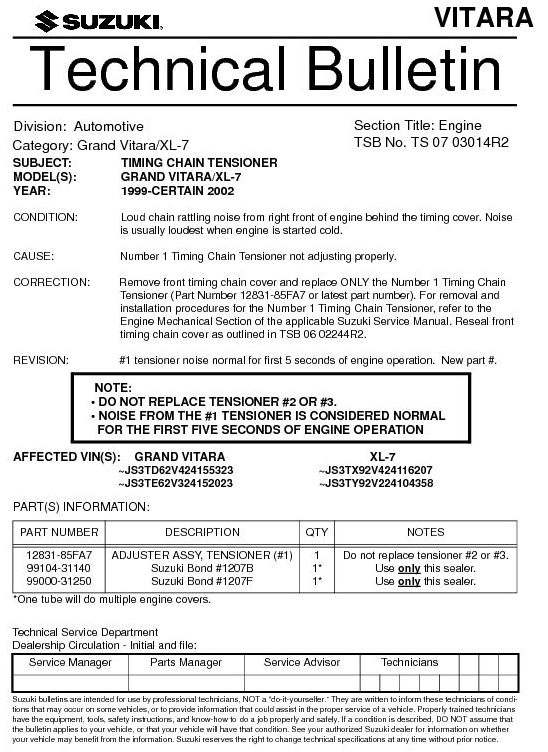GM Ignition Switch Recall Reignites Debate Over Whether Public Should Have Access To Technical Service Bulletins

One of the most damning revelations about the way General Motors Co. (NYSE:GM) handled a fatal ignition switch linked to at least 13 deaths and 47 accidents was the way the company quietly made changes to the poorly engineered part in 2006. It took two years before the fixed component received a new identification number that allowed dealers and mechanics to distinguish between the flawed and fixed versions.
For years, GM had been communicating to its dealers and mechanics through technical service bulletins, known as TSBs, about reports of ignition switch problems. These bulletins are common, as any mechanic will tell you, and are aimed at informing them of problems reported by car owners or other mechanics. Consider it the frontline of communication among automakers, dealers, mechanics and federal safety regulators to identifying vehicle-related problems.
But left out of this web of communication are the consumers themselves. TSBs aren’t easily available to the public. The National Highway Traffic Safety Administration only posts abstracts of the TSBs on its online searchable database, which lack the detail of the bulletins themselves. If you want a copy of a specific TSB, you have to submit a request and pay a fee. There are also companies that offer TSBs for around $20 to $40 per bulletin.

In 2007, Wisconsin State Trooper Keith Young, who had 20 years of experience in crash forensics, investigated an accident involving one of the GM cars with the ignition switch flaw that killed two teenage girls. After submitting a request for a TSB, the officer was able to make a link that federal regulators had not: that the vehicle’s key was in the “accessory” position at the time of the crash, according to GM’s internal investigation (pdf).
It’s this information that Young uncovered that auto safety advocates and lawmakers are saying should be easily obtained by the public, but the Alliance of Automobile Manufacturers says the information is both copyrighted and too technical for the general public, the Wall Street Journal reported on Tuesday.
But proponents of greater transparency of TSBs argue that there’s no reason to keep these bulletins off the Internet in a free and easily searchable fashion the same way the NHTSA makes safety recall information available.
"Defects would be identified more quickly and lives could be saved if the public had access to these important safety bulletins," Rep. Henry Waxman (D-Calif.) told the Journal. Waxman, the leading Democrat in the House Energy and Commerce Committee, and Sen. Ed Markey (D-Mass.) are leading the charge to make TSBs available electronically, for free, to anyone.
On Monday, GM announced a recall of 3.6 million more of its cars in North America linked to the ignitions switch flaw that causes the ignition key to easily slip out of the “run” position, causing the vehicles to shut off while in motions and disabling airbags, power steering and power brakes. The company has issued 44 recalls so far this year. The new recalls include Buick Lacrosse, Chevrolet Impala, Cadillac Deville and several other models made between 2000 and 2014.
On Friday GM announced a recall of the Chevrolet Camaro from the 2010 to 2014 model years, for a problem with the ignition key that makes it easy for a driver’s knees to bump the key and the attached fob out of the “on” position. The company says that unlike the other ignition switch problem this one is fixed by issuing a new key with a separate fob.
© Copyright IBTimes 2024. All rights reserved.





















